In this interview Rob and Julia discussed: • How Rob came to attend his first circle • Had transferable skills from being a personal trainer, knew how to give person space to speak • Co-facilitates the circle at Uncommon Man – bring different skills and give each other support e.g. debriefing and planning • Also has support through Whatsapp group with other men’s circle facilitators • Charges for men’s monthly circle and a lot of this goes back into promoting sessions, including having a videographer there for marketing e.g. clips of breathwork to demystify what happens at the circle • For venues, think of spaces like offices that aren’t used in the evenings or co-working environments that may wish to support mental health • Tips on how to get started with a men’s group • Important to include moments of comedic relief in circles ie humour • Relaxed start with non-alcoholic beers and music playing (also a guideline not to bring alcohol or arrive inebriated) • With 20-25 men, will get agreement to guidelines with a hand raise • After initial circle, go to triads because less intimidating than 121 because can move eye contact between the two others • After group share with 5-10 people sharing, do breathwork session and final group share (time for everyone to speak) • Do breathwork because it’s a powerful way to help release emotion • Advice to new facilitator would be to have someone there to support you e.g. in setting space up, doesn’t have to be a co-facilitator and to give it a go with three friends.
続きを読む
一部表示
 20 分
20 分 2025/08/1311 分
2025/08/1311 分 44 分
44 分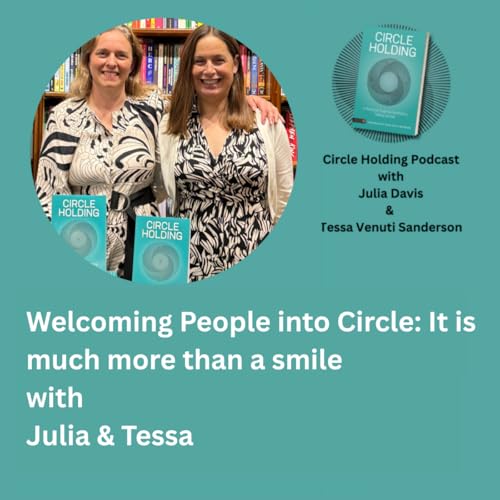 18 分
18 分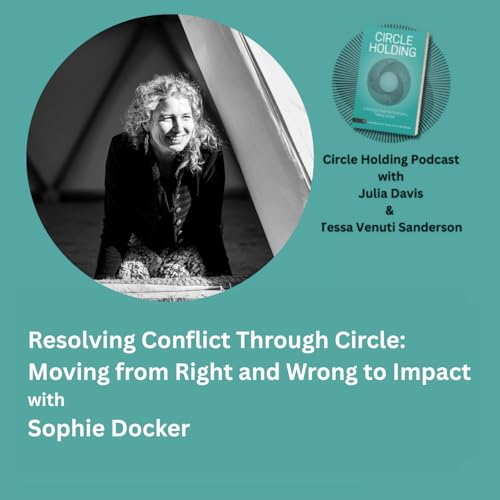 40 分
40 分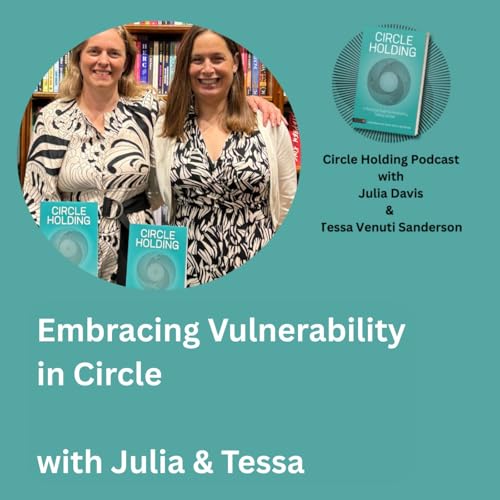 19 分
19 分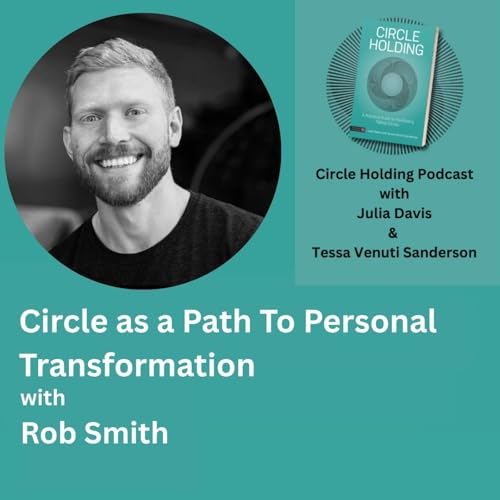 52 分
52 分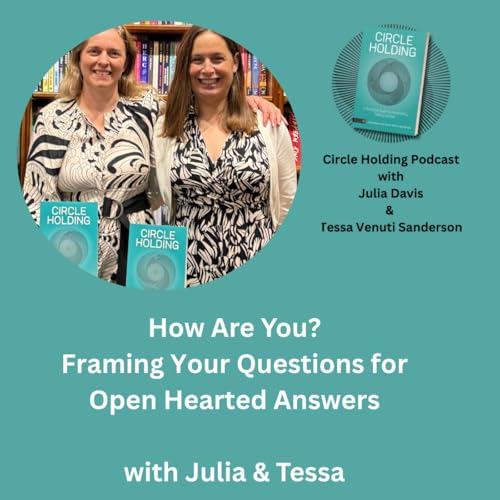 15 分
15 分
